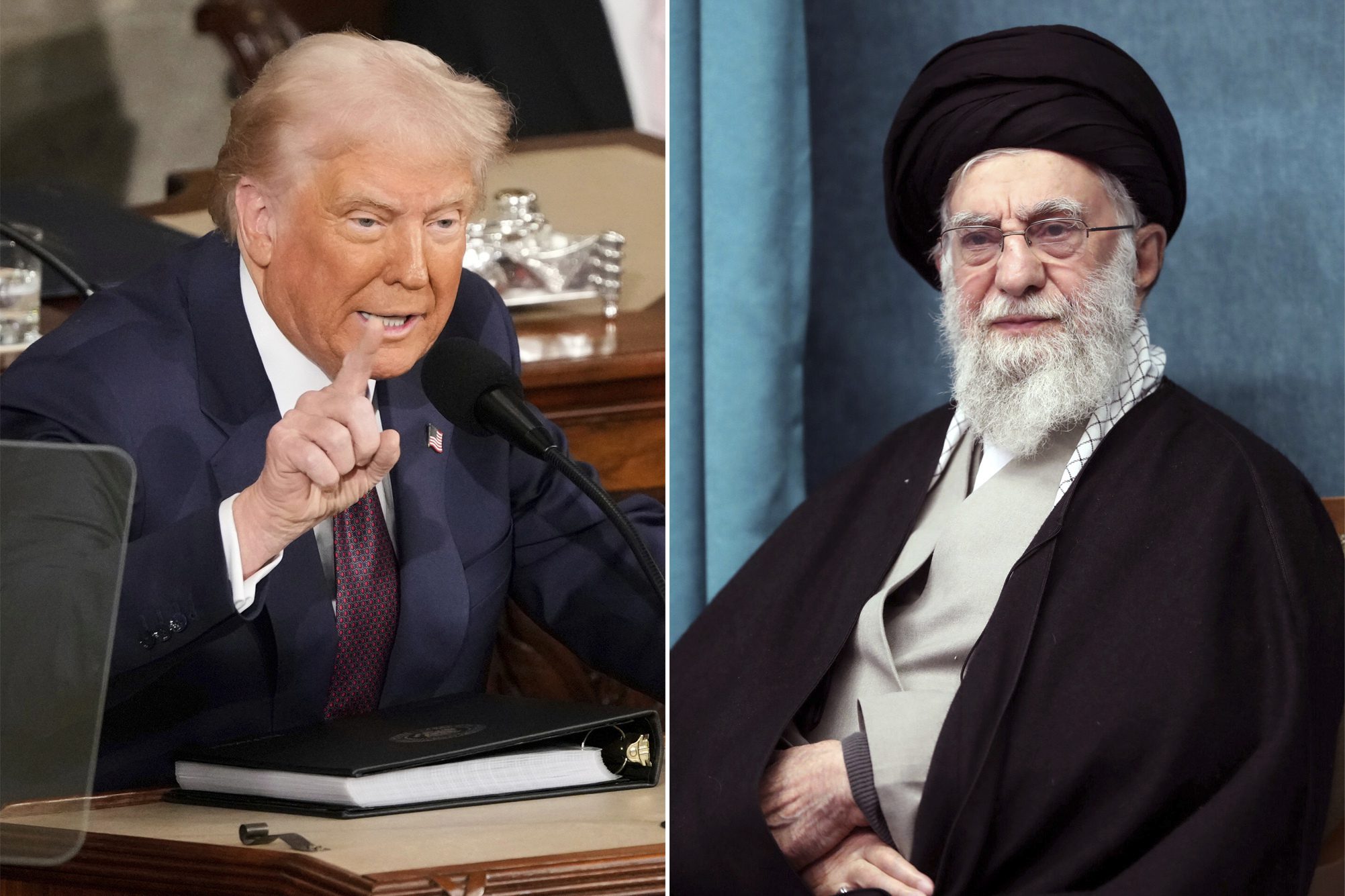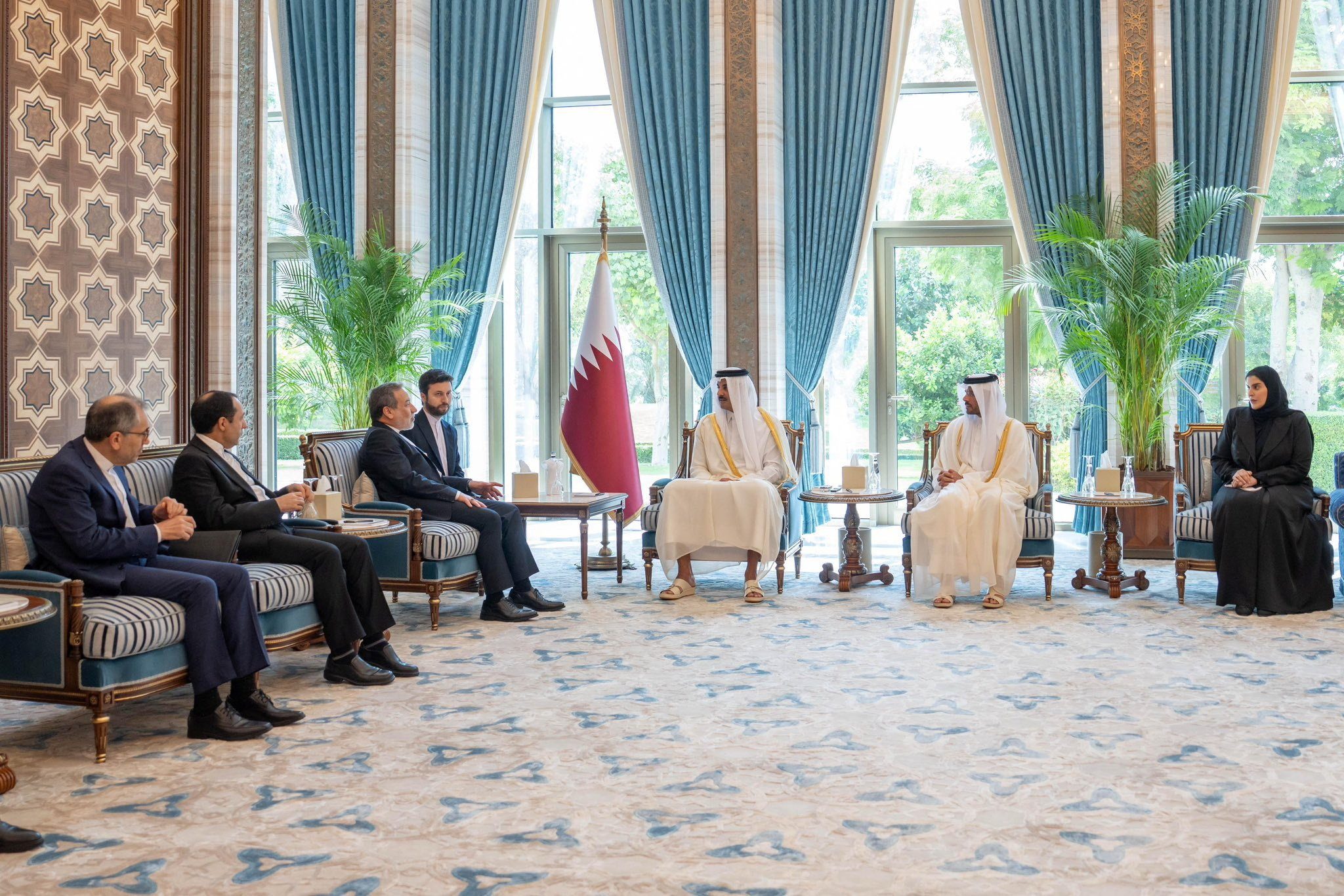The Pragmatist Who Came In From the Cold: Ali Larijani, Iran’s New Supreme National Security Council Secretary
An Iraqi-born native of Najaf but an unmistakably Iranian nationalist, Ali Larijani is expected to leverage his record of bureaucratic competence and global fluency to coordinate Iran’s security bureaucracy.

Executive Summary
On August 5, President Masoud Pezeshkian appointed Ali Larijani secretary of the Supreme National Security Council, a role he previously held from 2005-07. This time, he returns to an institutionally altered system and a strategically transformed landscape.
With Supreme Leader Ayatollah Ali Khamenei aging, under threat of assassination, and largely withdrawn from day-to-day command, strategic decisions increasingly emerge from a de facto collective leadership composed of the heads of the executive, legislative, and judicial branches alongside representatives of the Islamic Revolutionary Guard Corps and the army. Regionally, Israel’s September 17, 2024 electronic attacks that neutralized Hezbollah’s networks, the collapse of the regime of President Bashar al-Assad in Syria, and the exposure of Iranian missile and drone vulnerabilities during the June conflict between Israel and Iran have eroded two pillars of Tehran’s deterrence – proxies and missiles – leaving the nuclear program the principal remaining lever to restore balance. Domestically, the state braces for renewed unrest driven by electricity shortages, water scarcity, sanctions, and inflation.
An Iraqi-born native of Najaf but an unmistakably Iranian nationalist, Larijani is expected to leverage his record of bureaucratic competence and global fluency to coordinate Iran’s security bureaucracy. Yet strategic coherence is far from assured. As with his predecessors, entrenched factionalism, institutional rivalries, and Khamenei’s habit of nurturing parallel command structures are likely to constrain his room for maneuver and complicate interagency discipline. A calculating hard-liner, with equal measures of opportunism, pragmatism, and Iranian nationalism shaping his political decision making, he is likely to be a wily operator. While these traits may prove woefully inadequate in allowing him to effectively steer Iran’s national security establishment at perhaps its most critical moment since the revolution, he also seems the best talent this regime could identify from its thinning bench.
The views represented herein are the author's or speaker's own and do not necessarily reflect the views of AGSI, its staff, or its board of directors.




















